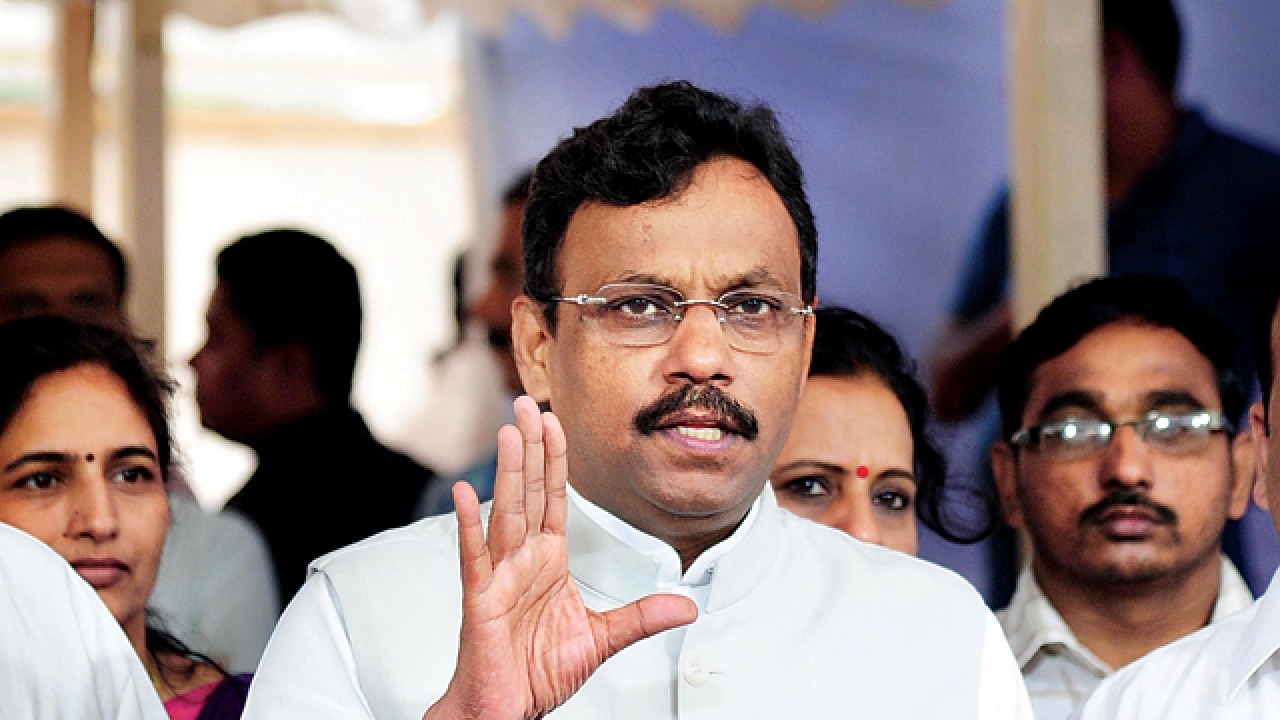
What are the key reforms in the Maharashtra Public Universities Bill 2015?
Students' representation in the University's management council and board of studies, more sub-campuses of universities and eliminating politics from higher education are the three key reforms which the new Act will bring in. Appointment of full-time deans and directors of various boards for a fixed five-year term will also be a game changer.
Critics say five years will not only make deans and directors authoritative but also affect functioning of the office if they turn out to be incompetent. Also, the Bill says that the power to appoint heads of various bodies lies with the VC, which would create an autocratic system in the campuses.
These appointments will be done through recommendations of search committee not directly by the Vice Chancellor. However, now I feel there should be a provision through which incompetent persons can be removed by the Chancellor.
Why do you seek to make Vice Chancellors of Universities so powerful?
There is a broad consensus on 95% of the provisions in the Bill. Objections are there only on 5-7% things. Opponents say that the whole power is going in Vice Chancellors hands. I am ready to consider provisions related to Vice Chancellors' power. A committee would soon discuss the matter at length. A few provisions can be scaled down.
With the Act coming into effect, it seems that Universities will lose autonomy to the state government with most administrative and financial powers to lie with the government.
This is untrue.
The Bill mentions that the Universities will have to take approval from the government on all major financial matters. Their accounts would be regularly audited by the government. Is it not compromising with the freedom?
Universities always need approval from the state for major financial decisions especially for the money which is given by the state. However, we do propose to assist varsities in keeping the accounts. There would also be regular audit by the government so as to make them more accountable for public money.
The Bill talks about setting-up of 'Maharashtra State Commission for Higher Education and Development' headed by the chief minister. Other ministers and babus would also be part of this. This is being termed as direct interference of the government into academic autonomy of the public university.
This is not true. The Commission will give a broader guideline to the Universities just on the line of city's development plan. The state's interest would be the top priority. Since the government keeps a tab on big industries and foreign investments coming to the state, the government representatives would be in better position to guide the varsities about the need of the skilled man-power. Industry representatives can suggest the desired curriculum. I am getting good feedback from opposition leaders and even from previous education ministers.
When will you bring the Ordinance since the Bill could not be passed and all bodies in the Universities are already dissolved? Will that Ordinance have these controversial provisions?
I am not in hurry to bring the Ordinance. It is the opposition which wants it saying that in absence of it the VCs would continue to enjoy powers. A committee would discuss these controversial provisions at length before finalizing the Ordinance.